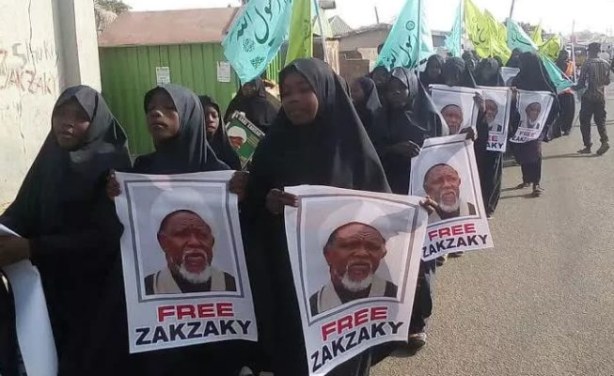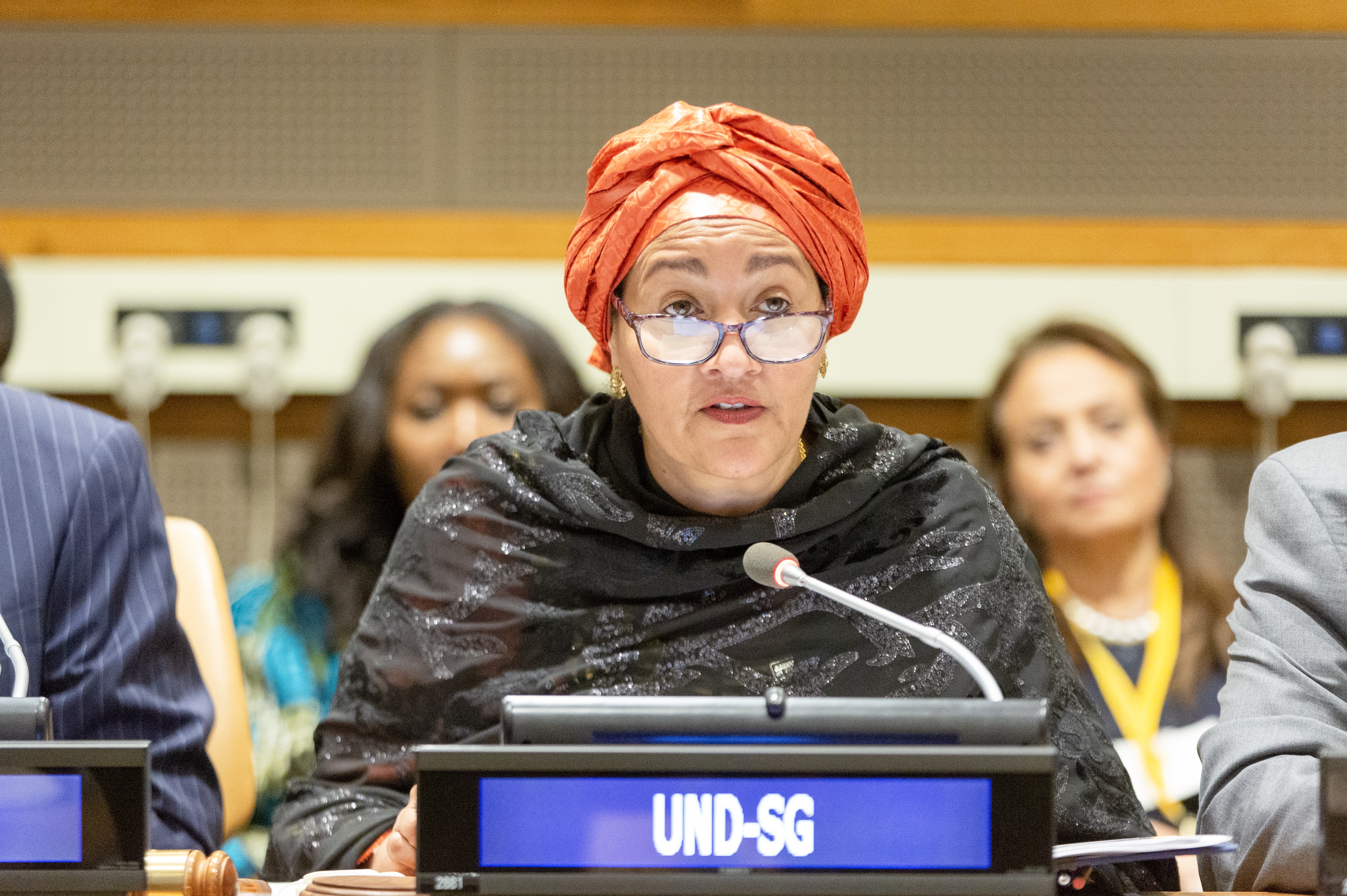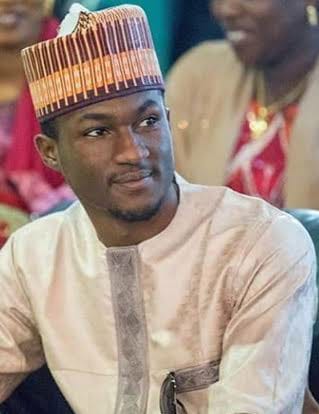
Burundi President Pierre Nkurunziza speaks after signing for a new constitution adopted by a referendum in Bugendana, Burundi, on June 7, 2018. The change will allow Nkurunziza to run for office twice more in seven-year terms from 2020. Credit/VoA
Burundi Govt Bans BBC, VoA Coverage, Broadcast Indefinitely
Government of Burundi in East Africa has said it will continue to block broadcasts from two international media organizations, the British Broadcasting Corporation (BBC) and the Voice of America (VoA) and expand restrictions on their operations.
At a meeting in Bujumbura, the president of the National Council of Communication, Nestor Bankumukunzi, said the BBC and the VoA are no longer allowed to broadcast, effective immediately. The ban is indefinite and extends to journalists, both foreign and domestic, who provide information to either broadcaster.
“We are alarmed that reporters in Burundi are now forbidden to communicate with VOA and believe these continuing threats to our journalists undermine press freedom in the country,” VOA Director Amanda Bennett said. “We stand with the people of Burundi against those who are restricting their access to accurate and reliable news and information.”
The BBC condemned the decision, calling it “a serious blow against media freedom.” Last May, the Burundi government suspended both news organizations for six months, a week before holding a referendum on a new constitution. The outlets have been off the air since.
Rachel Nicholson, a researcher for Amnesty International, said Burundi’s government is angry at the broadcasters for different reasons.
The government was upset by a documentary the BBC broadcast last year, she said, about members of Burundi’s intelligence service operating secret sites where dissidents are detained and tortured.
Burundi has accused VOA of employing a journalist who opposes the government, Nicholson added. Patrick Nduwimana, the former director of Bonesha FM Radio in Burundi, is “wanted for participating in deadly violence that preceded the May attempted coup,” the National Council of Communications wrote in Friday’s statement.
“I think it’s really worrying to see the government personalize attacks on radio stations. They have such an important role to play, particularly BBC and VOA, particularly in the absence of independent Burundian radio stations operating from within the country,” Amnesty’s Nicholson said. “The BBC and VOA have such an important role to play in sharing information with people in Burundi.”
In a phone interview with VOA, Willy Nyamitwe, senior adviser to Burundi’s President Pierre Nkurunziza, said the news organizations were banned for spreading falsehoods.
“Some international media are biased. Everybody knows some reports were fake reports, fake news,” Nyamitwe said. “So if people cannot even try to speak the truth, but if some people are using some media outlets only to spread lies, what other comments do I have to do?”
Nyamitwe also said that Burundi has an open media landscape and that all countries have the right to ban news organizations that spread lies. “There are thousands of journalists in the country. There are tens of media houses, radio stations, TV stations, newspapers, media online.
“So I think people are exaggerating thinking that there’s no media houses in the country,” he said. “I do know that even in the United States there are some media houses that have been called biased or fake news media houses.”
In its 2018 press freedom report, Reporters Without Borders ranked Burundi 159th out of 180 countries worldwide. It said security forces routinely harass journalists and pointed to the unsolved 2016 disappearance of journalist Jean Bigirimana as evidence of intimidation and violence against reporters. (VoA)




Recent Comments